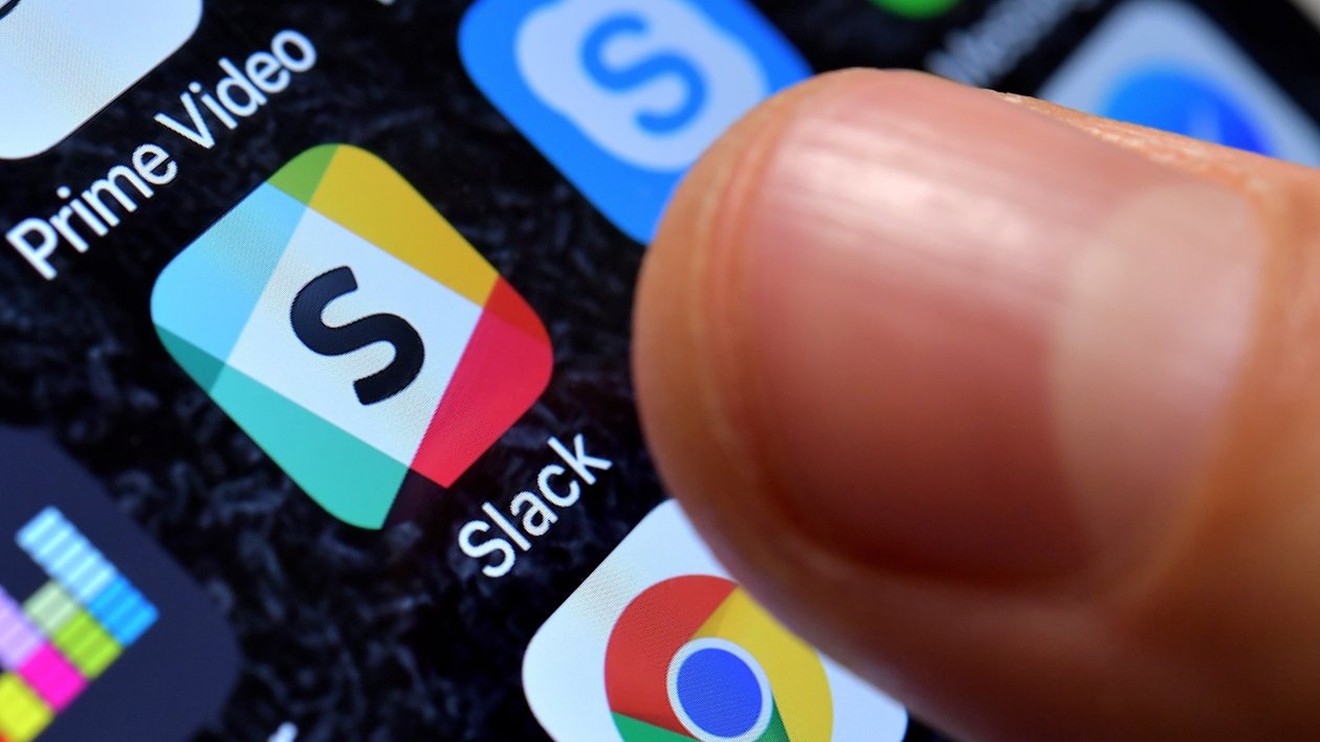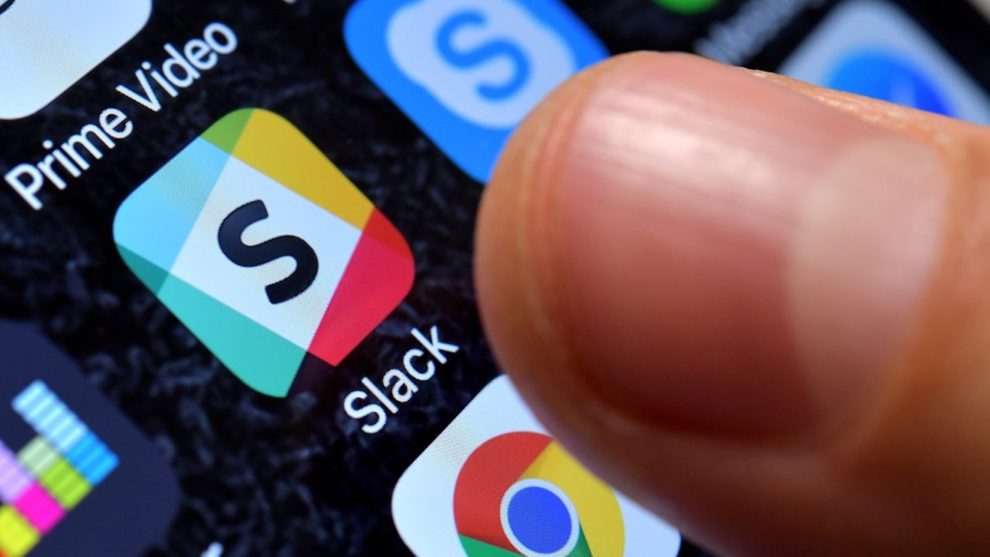
Slack Technologies Inc. is seeing more interest in its collaboration software with the increase in employees working at home during the COVID-19 pandemic, but that won’t translate into big money just yet.
Slack WORK, -9.61% reported Thursday that losses more than doubled in the fourth quarter, and predicted that revenue would grow less than expected in the current quarter. Shares, which had avoided falling as hard as other stocks recently amid fears about the spread of the novel coronavirus, plunged nearly 20% in after-hours trading.
Slack had fared better than some others because of the assumption that workers staying home would need its instant-messaging software to stay in communication with co-workers, which would boost its revenue. That theory proved to be partly right, as executives said that demand was increasing, especially in countries where COVID-19 is spreading.
“The headline is there’s just a massive outpouring of interest on the customer side and it’s really all over the place,” co-founder and Chief Executive Stewart Butterfield told analysts. “There’s existing customers who are accelerating some of their plans. A lot of it is changing.”
But because one part of Slack’s business model is to let people try the product for free and hope that its popularity among employees leads to an overall corporate purchase — known as “freemium” — it’s not clear if those new users will turn into final sales. The company forecast first-quarter revenue of $185 million to $188 million, which is about $50 million to $60 million below what some analysts were expecting.
Don’t miss: Tech supply chain is recovering from coronavirus, but beware a relapse
“We’re definitely seeing a surge in interest overall, but that’s primarily in the self-serve area,” said Slack Chief Financial Officer Allan Shim. “So you’re definitely seeing a lot more usage, but in terms of where that’s going to be showing the results, I think that’s going to take some time to play out.”
Slack executives also noted that the spread of the virus could make its corporate customers more hesitant to spend, which is likely going to be the big refrain as the impact of the global virus affects every business sector and the daily routine in life.
Slack and other software firms with products that are useful in working remotely, such as Zoom Video Communications Inc. ZM, -0.75% , have been seen as “safe” havens in a volatile market, but any benefits from the current environment could be far out and are dependent on companies being willing to spend. As the economy starts to sputter from the impact of the pandemic, nothing is truly safe.
div > iframe { width: 100% !important; min-width: 300px; max-width: 800px; } ]]>





